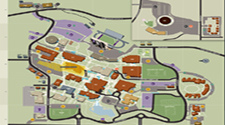Volunteer Services
Because you are preparing for a humanitarian profession, it is important to have volunteer experiences that demonstrate a commitment to serving others in your community. It is suggested that you begin volunteering early in your undergraduate career, and that your service be continued throughout college. Competitive applicants complete 3 different experiences each lasting 6 months to a year in the 4 years before medical school application, for a total of 200+ hours.
Patient Exposure
Interacting well with patients who, at times, are not be feeling at their best is critical for a healthcare provider. Demonstrating that you are capable of this will certainly bolster the competitiveness of your medical school application. Patient exposure experiences can be either paid or unpaid. Successful applicants have, for example, worked or volunteered in the ED, worked as a CNA or as a phlebotomist, or have volunteered for a hospice organization. Competitive applicants complete 1-2 different experiences each lasting at least 6 months to a year, for a total of 60+ hrs.
Clinical Shadowing
Observing a physician in action will help you gather the information you need to fully commit to the profession and to potentially learn about a variety of medical specialties. Students can shadow physicians that they know (not family members) or can be assigned to a physician through our Clinical Preceptor Program. It is a good idea to shadow both M.D and D.O. doctors, as well as primary care physicians and sub-specialists. Competitive applicants shadow 2-5 different physicians, spending at least 8-10 hours with each, for a total of 60+ hours.
Leadership
As a physician, you will be a leader and team member in many ways – with your patients, your staff, your colleagues, and in your community. Developing leadership qualities and skills is therefore important for your future career. Examples of leadership experiences as an undergraduate student include holding an officer position in a club or organization, serving as a member of a committee; leadership in church activities; coordinating a project; managing, training, or supervising at work; teaching/tutoring/coaching/mentoring experience, etc. Competitive applicants complete 3 different experiences each lasting 3 months or longer in the 4 years before they apply.
Research
Physicians depend on medical literature to remain current in their field throughout their careers. Most medical schools highly recommend—and some require—participation in research as an undergraduate. Your research experience can be completed in any discipline; it does not have to be clinically-related or completed in a research lab. However, your research experience must be one that tests a well-formulated hypothesis. Competitive applicants complete at least 1 research experience under the supervision of a faculty member that lasts at least 6 months.
It is not enough to simply engage in these activities; it is necessary to reflect upon them and to learn from your experiences. What you are hoping to do through involvement in co-curricular activities is to develop the skills, traits and attributes of a successful physician.
What qualities are these?
They are outlined by the AAMC Group on Student Affairs (GSA) Committee on Admissions (COA):
The 15 Core Competencies for Entering Medical Students.

 Attend the
Attend the 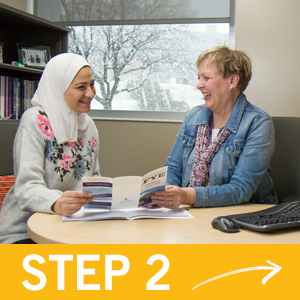 Meet with your
Meet with your 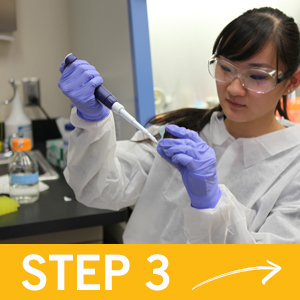 Complete academics & co-curricular activity
Complete academics & co-curricular activity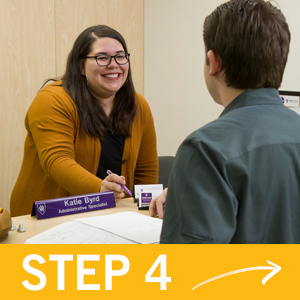 Begin a Premedical Portfolio in TY201
Begin a Premedical Portfolio in TY201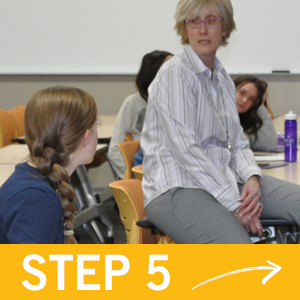 Prepare to take the MCAT and apply
Prepare to take the MCAT and apply 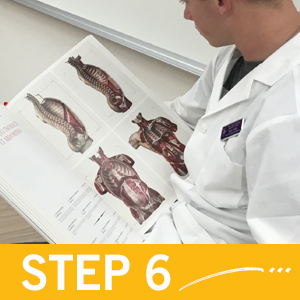 Interview; Graduate or Gap Year
Interview; Graduate or Gap Year